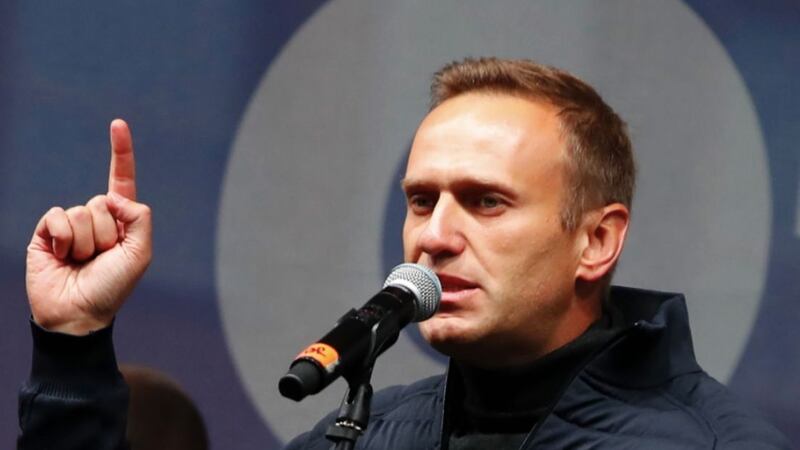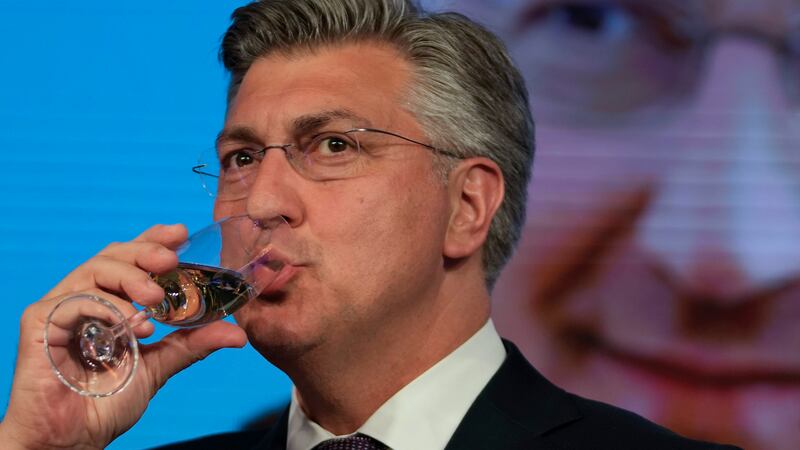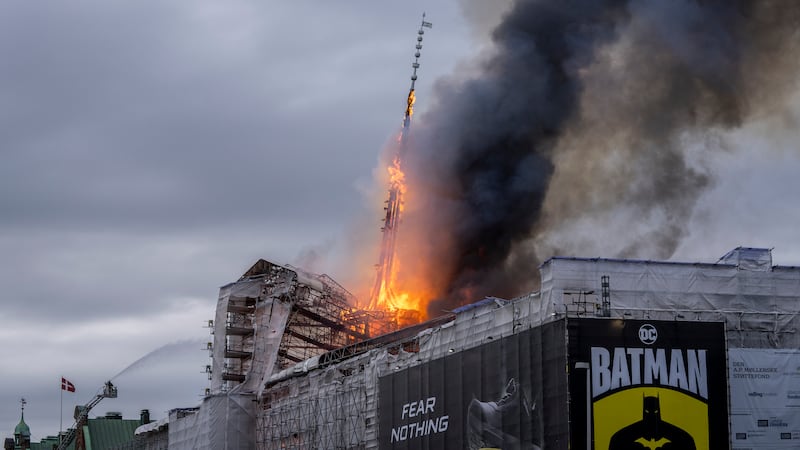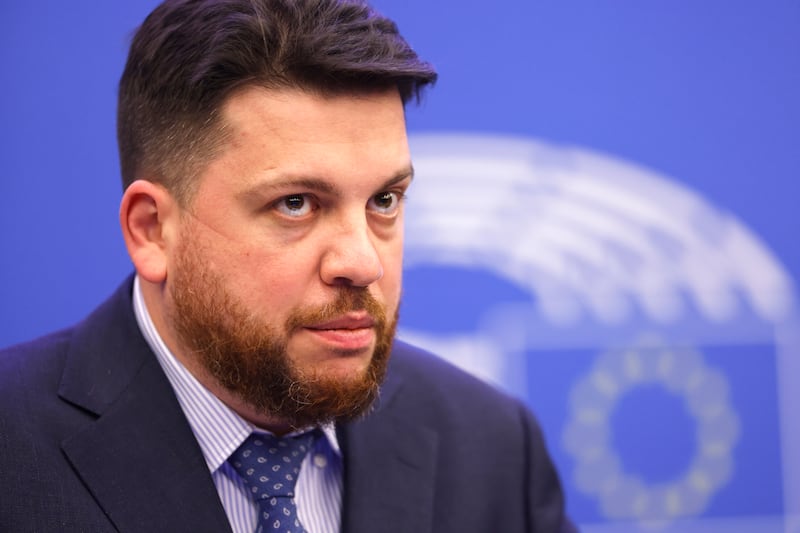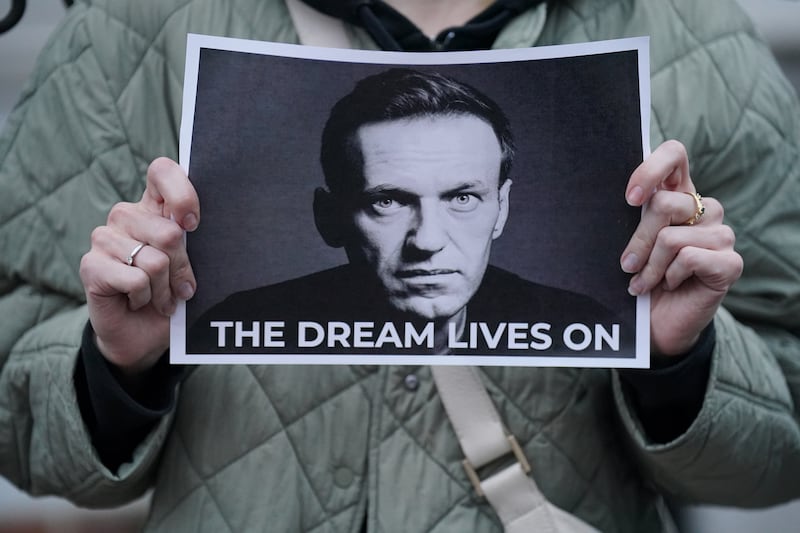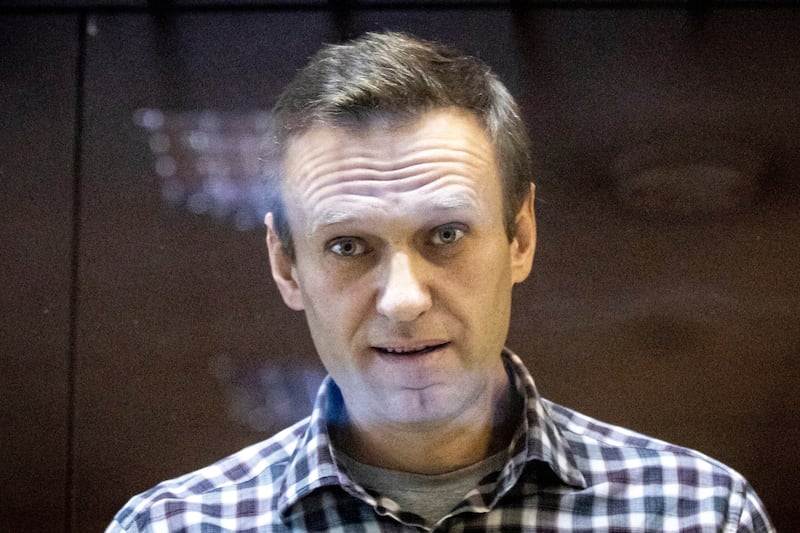A decision has been made to transfer imprisoned Russian opposition leader Alexei Navalny, who is in the third week of a hunger strike, to hospital, the Russian state penitentiary service said.
The announcement comes two days after Mr Navalny’s doctor said his health was deteriorating rapidly and the 44-year-old Kremlin critic could be on the verge of death.
The state prison service, FSIN, said in a statement that Mr Navalny would be transferred to a hospital for convicts located in another penal colony in Vladimir, a city 180 kilometres (110 miles) east of Moscow.
According to the statement, Mr Navalny’s condition is deemed “satisfactory” and he has agreed to take vitamin supplements.
Mr Navalny’s doctor Yaroslav Ashikhmin said on Saturday that test results he received from Mr Navalny’s family show him with sharply elevated levels of potassium, which can bring on cardiac arrest, and heightened creatinine levels that indicate impaired kidneys.
“Our patient could die at any moment,” he said in a Facebook post.
Mr Navalny went on hunger strike to protest over the refusal to let his doctors visit when he began experiencing severe back pain and a loss of feeling in his legs.
Russia’s state penitentiary service has said that Mr Navalny was receiving all the medical help he needs.
In response to the alarming news about Mr Navalny’s health this weekend, his allies have called for a nationwide rally on Wednesday, the same day that President Vladimir Putin is scheduled to deliver his annual state of the nation address.
Mr Navalny, Mr Putin’s fiercest opponent, was arrested in January upon his return from Germany, where he had spent five months recovering from a nerve agent poisoning he blames on the Kremlin – accusations Russian officials have rejected.
Mr Navalny’s arrest triggered a massive wave of protests all across Russia, the biggest show of defiance in recent years.
Soon after the arrest, a court ordered Mr Navalny to serve two-and-a-half years in prison on a 2014 embezzlement conviction he said was fabricated and the European Court of Human Rights deemed to be “arbitrary and manifestly unreasonable”.
Last month, the politician was transferred to a penal colony east of Moscow, notorious for its harsh conditions.
Mr Navalny has complained about being sleep-deprived due to guards conducting hourly checks on him at night, and said he has developed severe back pain and numbness in his legs within weeks of being transferred to the colony.
His demands for a visit from an independent “civilian” doctor were rebuffed by prison officials, and he went on hunger strike on March 31.
In a message from prison on Friday, Mr Navalny said prison officials threatened to force-feed him “imminently”, using “straitjacket and other pleasures”.
